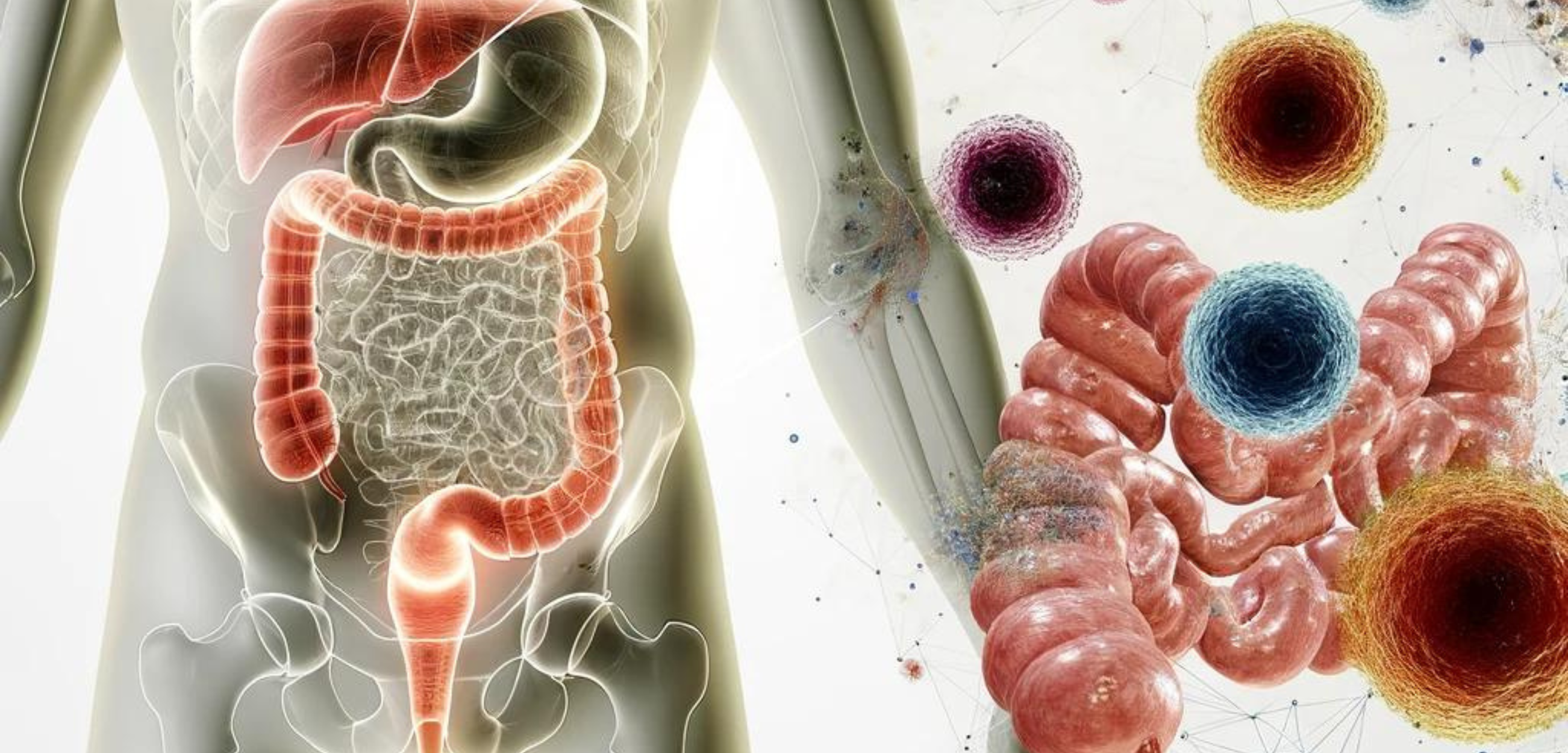What if I told you there’s a hidden connection that holds the key to managing autoimmune diseases and reclaiming your health?
In today’s fast-paced world, where stressors abound and health concerns are on the rise, autoimmune diseases have become increasingly prevalent. These conditions, where the immune system mistakenly attacks the body’s own tissues, can wreak havoc on one’s quality of life.
But beneath the surface of this complex health landscape lies a fascinating and crucial connection: the Gut-Autoimmune Connection. Understanding this intricate relationship is not just insightful, it’s paramount to navigating the complexities of autoimmune diseases and finding effective solutions.
The Gut-Autoimmune Connection is a phenomenon that sheds light on the profound influence of our gut health on the development and progression of autoimmune conditions. At the heart of this connection lies the gut microbiome, a bustling ecosystem of trillions of microorganisms that reside in our digestive tract.
These microbes play a pivotal role in regulating immune function and maintaining the delicate balance between health and disease. When this balance is disrupted—whether due to factors like diet, stress, medications, or environmental toxins—it can set the stage for autoimmune dysregulation and chronic inflammation.
Research has unveiled compelling evidence linking gut dysbiosis, or microbial imbalance, to the onset and exacerbation of autoimmune diseases. Dysbiosis can compromise the integrity of the intestinal barrier, leading to increased intestinal permeability, commonly known as “leaky gut.”
In this state, the gut lining becomes more porous, allowing harmful substances such as toxins, undigested food particles, and bacteria to leak into the bloodstream. This breach triggers an immune response, resulting in systemic inflammation and contributing to the development of autoimmune conditions.
The implications of the Gut-Autoimmune Connection are profound, yet empowering. It suggests that by addressing underlying gut issues and restoring balance to the microbiome, we have the potential to modulate immune function, reduce inflammation, and mitigate autoimmune symptoms. This paradigm shift highlights the importance of taking a holistic and proactive approach to autoimmune care—one that prioritizes gut health as a foundational pillar of overall well-being.
Nurturing Your Gut for Immune Health
Ready to explore the Gut-Autoimmune Connection and take charge of your health? Keep reading. Together, we’ll navigate this fascinating intersection of gut health and autoimmune disease, empowering you to reclaim your vitality and well-being from the inside out.
- Dietary Modifications: One of the most impactful ways to support your gut health is through dietary modifications. Incorporating whole, nutrient-dense foods such as fruits, vegetables, lean proteins, and healthy fats can provide essential nutrients and promote a diverse microbiome. Aim to include plenty of fiber-rich foods to support digestive health and reduce inflammation. Additionally, consider eliminating or reducing inflammatory foods such as processed sugars, refined carbohydrates, and trans fats, which can exacerbate autoimmune symptoms.
- Gut-Healing Supplements: In addition to dietary changes, certain supplements can help restore gut health and reduce inflammation. Probiotics are beneficial bacteria that can promote microbial balance and support immune function. Look for a high-quality probiotic supplement containing a variety of strains, including Lactobacillus and Bifidobacterium species. Additionally, consider incorporating gut-healing supplements such as glutamine, zinc, and omega-3 fatty acids, which have been shown to support intestinal integrity and reduce inflammation.
- Stress Management Techniques: Chronic stress can significantly impact gut health and exacerbate autoimmune symptoms. Incorporating stress management techniques such as mindfulness meditation, yoga, deep breathing exercises, and regular physical activity can help reduce stress levels and promote relaxation. Prioritize self-care activities that nourish your mind, body, and spirit, and make time for activities that bring you joy and fulfillment.
- Lifestyle Interventions: In addition to dietary and supplementation strategies, lifestyle interventions can play a key role in supporting gut health and calming inflammation. Prioritize adequate sleep, aiming for seven to eight hours of quality sleep each night to support immune function and overall well-being. Additionally, prioritize regular physical activity, which can help regulate bowel function, reduce inflammation, and support overall health.
Empower Your Journey to Wellness
The journey to optimal gut health and immune resilience is unique for each individual. By taking a proactive and holistic approach to your health, you can empower yourself to manage autoimmune conditions effectively and enhance your overall well-being. Remember, small changes can yield significant results, so start implementing these strategies today to explore the Gut-Autoimmune Connection and embark on a path to healing from within.
Book your complimentary discovery call today to discuss personalized strategies for optimizing your gut health and calming inflammation. Together, we’ll create a tailored plan to support your journey to wellness and empower you to live your best life.
To Your Health and Wellness,
Dr. John Dempster, ND

